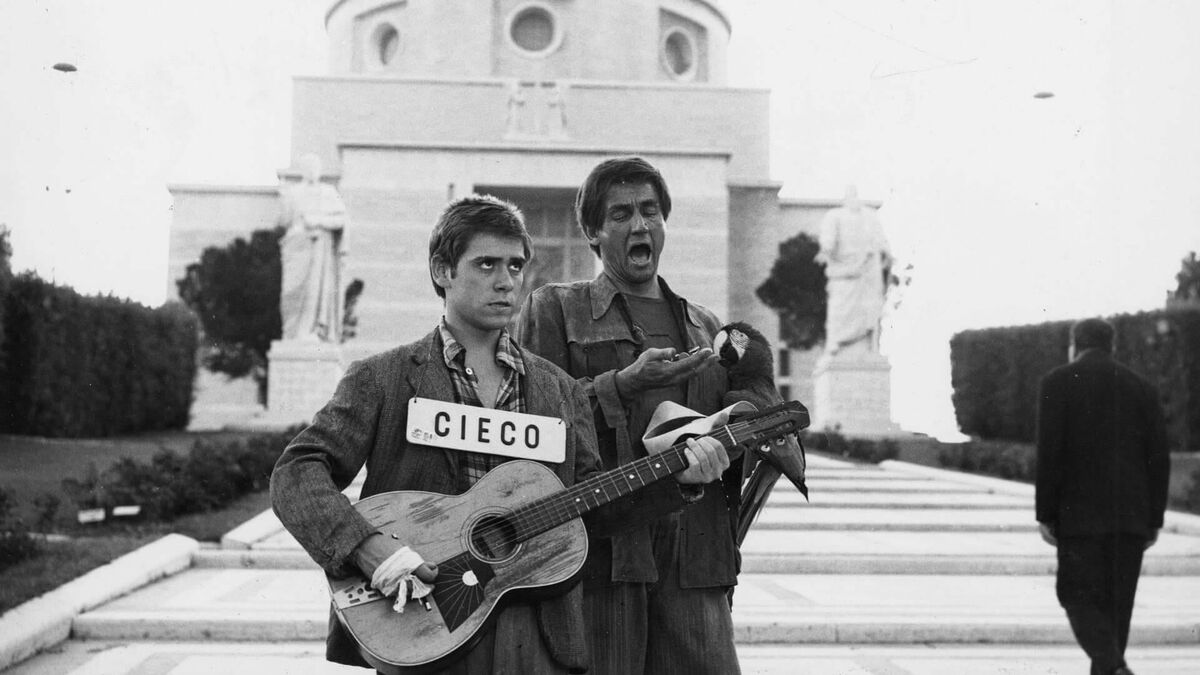Dino Risi, an Italian film director, is renowned for his significant contributions to the Italian comedy genre, particularly during the 1950s and 1960s. He is best known for his work in the genre of Commedia all’Italiana, a unique blend of comedy and social commentary. His films often showcased a mix of humour and satire, with a focus on Italian society and its transformation post-World War II. Some of his most celebrated works include Il Sorpasso and Profumo di donna, which not only entertained but also offered poignant observations of Italian life and culture.
The 1960s and 70s marked the peak of Risi’s career, during which he directed some of his most acclaimed works. His approach to filmmaking was characterised by a blend of comedy and tragedy, a duality that reflected the complexities of the human condition. Risi’s films often featured flawed but relatable characters whose follies and foibles were presented with empathy and understanding. The director’s use of popular Italian actors like Vittorio Gassman and Ugo Tognazzi helped bring his characters to life, making them memorable figures in Italian cinematic history.
Risi’s career was marked by a distinct style that often revolved around themes of existential malaise, social mobility, and the complexities of the human condition. His approach to filmmaking was characterised by a keen observational eye, capturing the nuances of everyday life and the idiosyncrasies of his characters. He had a unique talent for blending light-hearted comedy with deeper, often melancholic undercurrents, a style that became a defining feature of Commedia all’Italiana. This genre, under his direction, often portrayed characters caught in the tumult of a rapidly modernising Italy, struggling with the conflict between traditional values and modern aspirations. In Poveri ma belli, Risi showcased the lives of young Romans in a light-hearted manner while subtly commenting on the socio-economic conditions of post-war Italy.
Risi’s visual style was as dynamic as his thematic focus. He often used the camera to create a sense of immediacy and intimacy, bringing viewers closer to the characters and their experiences. His films were not just stories but reflections of Italian society, capturing its vibrancy and contradictions. This is evident in Una vita difficile, where he masterfully combined humour and drama to depict the struggles of an Italian everyman against the backdrop of Italy’s political and social changes. Throughout his career, Risi didn’t just make films; he held up a mirror to Italian society, making him not just a filmmaker but a chronicler of an era.

Dino Risi (1916 – 2008)
Calculated Films:
- A Difficult Life (1961)
- The Easy Life (1962)
Similar Filmmakers
- Alberto Lattuada
- Alessandro Blasetti
- Antonio Pietrangeli
- Camillo Mastrocinque
- Carlo Verdone
- Ettore Scola
- Franco Brusati
- Giorgio Simonelli
- Luciano Salce
- Luigi Comencini
- Marco Ferreri
- Mario Monicelli
- Massimo Troisi
- Nanni Loy
- Pasquale Festa Campanile
- Pietro Germi
- Steno
- Vittorio De Sica

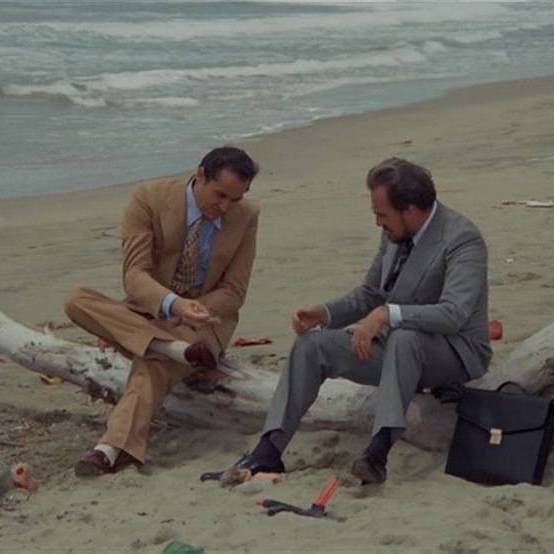

Dino Risi’s Top 5 Films Ranked
1. The Easy Life (1962)
Genre: Road Movie, Buddy, Comedy, Drama
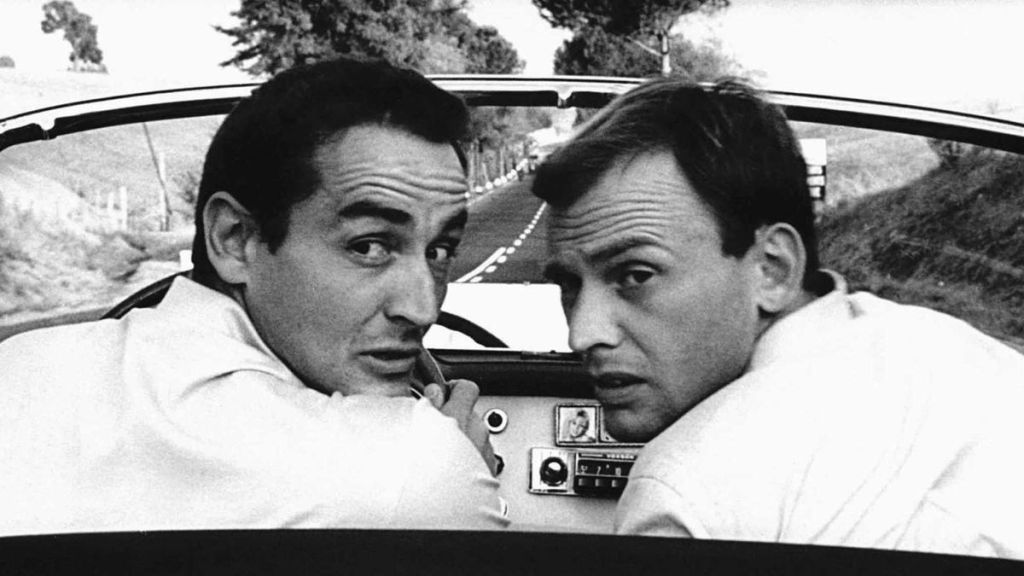
2. A Difficult Life (1961)
Genre: Comedy, Drama
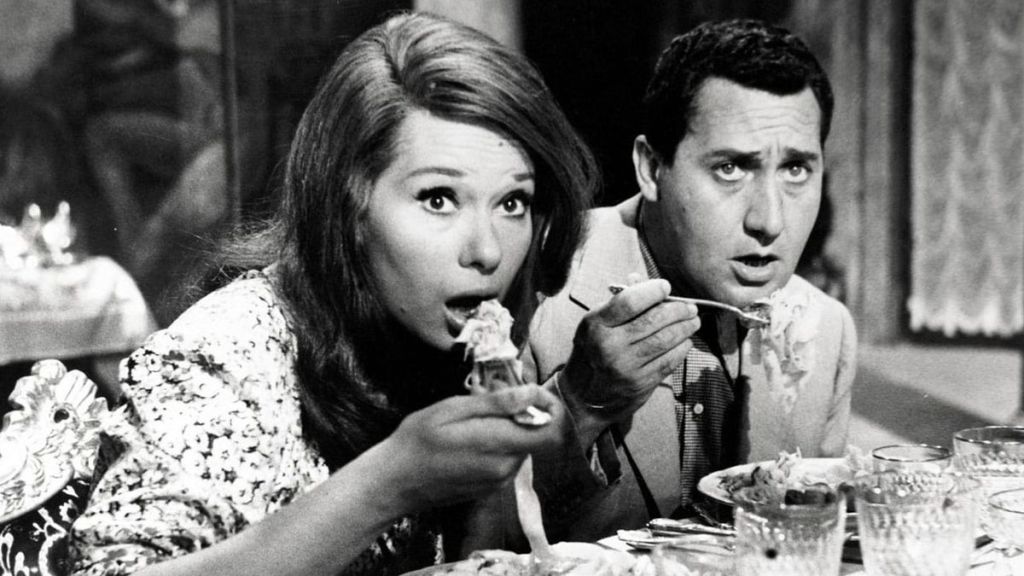
3. In the Name of the Italian People (1971)
Genre: Satire, Comedy
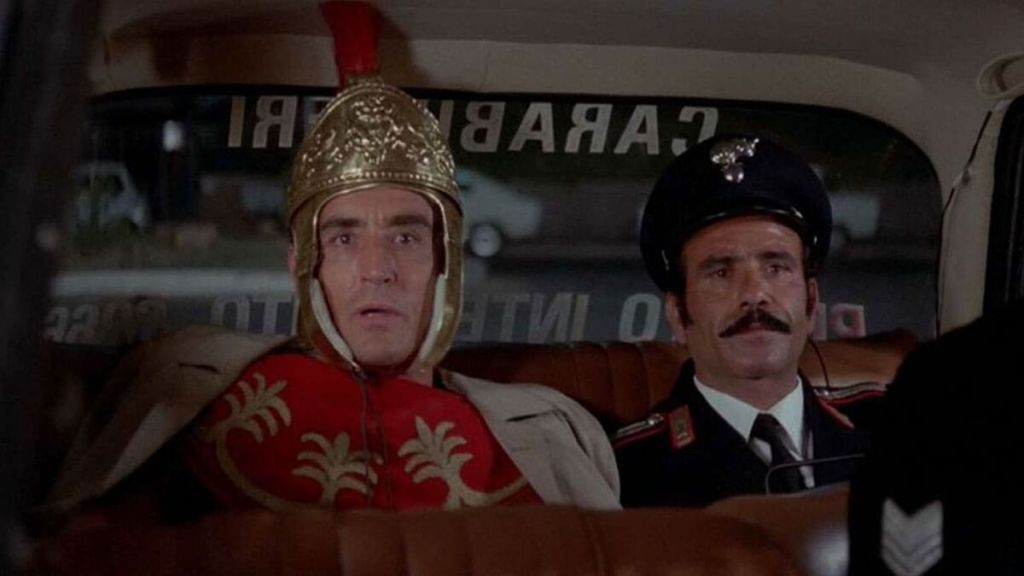
4. Scent of a Woman (1974)
Genre: Drama, Comedy

5. The Widower (1959)
Genre: Black Comedy

Dino Risi: Themes and Style
Themes:
- Social Commentary and Satire: Dino Risi frequently explored themes of social commentary and satire in his films. His work often reflected the changing Italian society, with a focus on the foibles and contradictions of modern life. For instance, in Il Sorpasso, he delves into the cultural shift of post-war Italy, using humour to critique societal norms.
- Human Relationships and Emotions: Risi had a keen interest in human relationships and the complexity of emotions. Films like Profumo di Donna showcase intricate character studies, exploring themes of love, friendship, and personal growth, often set against the backdrop of everyday life.
- Moral and Ethical Dilemmas: Many of Risi’s films confront characters with moral and ethical dilemmas. In Una Vita Difficile, the protagonist’s journey through various stages of life presents an exploration of integrity versus compromise, set against the changing political landscape of Italy.
- The Absurdity of Existence: Risi frequently touched upon the absurdity and irony of existence. His use of dark humour and irony, as seen in I Mostri, highlights the ridiculousness and often tragicomic aspects of human life, portraying characters caught in bizarre or existential crises.
Styles:
- Blend of Comedy and Drama: Risi’s style often involved blending elements of comedy and drama, creating a unique tone that allowed for both laughter and poignant reflection. This is evident in Il Mattatore, where the humour is interlaced with deeper, more serious undertones.
- Cinematic Realism: Risi was known for his realistic portrayal of characters and settings, often using actual locations and non-professional actors. This approach, seen in films like Poveri ma Belli, adds authenticity and relatability to his stories.
- Innovative Use of Music and Sound: Risi’s films often feature a clever use of music and sound to enhance the narrative. In La Stanza del Vescovo, the soundtrack not only complements the mood but also becomes an integral part of the storytelling.
- Dynamic Camera Work: Risi’s dynamic camera work, including the use of handheld shots and innovative angles, brought a sense of immediacy and intimacy to his films. This technique, as seen in I Nuovi Mostri, helps immerse the audience in the story.
Directorial Signature:
- Social Critique Through Humor: Risi had a unique ability to critique society and its norms through humour. He often used satire and irony to comment on societal issues, a technique prominently featured in Il Gaucho.
- Emphasis on the Human Condition: Risi’s films frequently emphasise the human condition, exploring themes of existentialism, loneliness, and the search for meaning. This is exemplified in La Terrazza, where the characters’ interactions reveal deeper existential themes.
Dino Risi – Great Director

